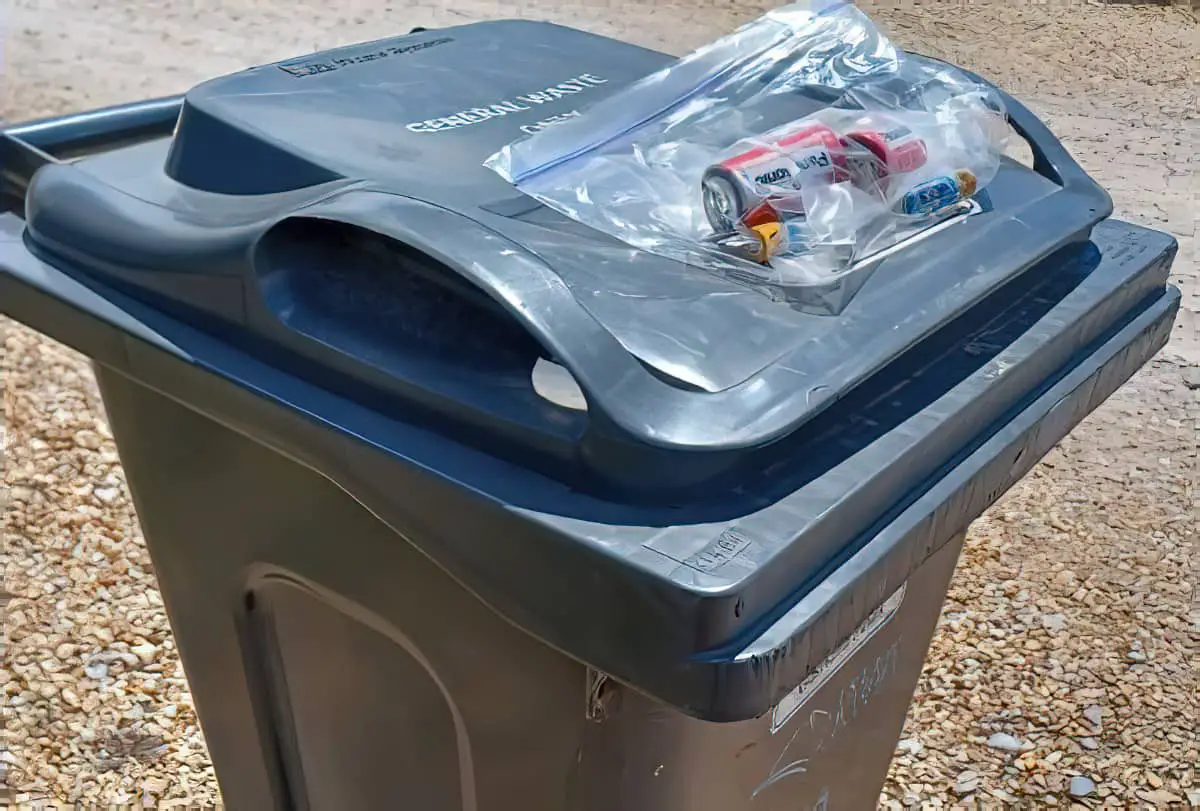Islanders are being thanked for supporting the new household battery collection service.
The Isle of Wight Council, in partnership with its waste service provider Amey, launched the scheme on 2nd May.
Since then, an amazing 1.9 tonnes of spent household batteries have been collected from residents. That’s the same weight as three-and-a-half polar bears!
Lucioni: Heartening to see how popular this scheme is already becoming
Cllr Karen Lucioni, Cabinet member for waste, said,
“I would like to extend my thanks to Islanders and our waste treatment partner Amey’s collection staff for supporting this.
“Fires caused by items such as batteries can cause a lot of damage at waste treatment sites, as well as putting crews at risk and it is heartening to see how popular this scheme is already becoming.”
Dix: Show enthusiastic commitment our community has for recycling
Natasha Dix, the council’s strategic manager for environment, said,
“I’d like to thank residents for really embracing the new battery collection.
“These figures show the enthusiastic commitment we know our community has for recycling. Although early days in this scheme, more and more people are getting involved.
“This scheme also plays a part in our wider aim of reducing waste and encouraging re-use and recycling. We still need our communities to help in reducing household waste as we move together to our goal of zero non-essential waste to landfill.”
How to dispose of spent batteries
If you haven’t joined the residents already taking part, it couldn’t be any easier:
- Place your spent household batteries safely and separately in their own clear sandwich sized bag.
- Leave the clear bag containing the batteries on top (not inside) of your general waste (black bins/black gull-proof sacks) on your general waste collection week.
- All the batteries collected by the crews are placed in a special box fitted to the collection vehicles and sent for sorting and processing.
- Metals and chemicals are removed and used to make new batteries and other products.
Avoid dangerous situation
Batteries thrown into ordinary bins, household waste or with other recycling are dangerous.
They can easily get squashed, compacted, punctured, shredded, or soaked in liquids. When this happens, they can ignite. This can lead to fires that endanger lives, cause expensive damage and disrupt waste services.
More information about Household battery disposal can be found here.
News shared by Isle of Wight council press office, in their own words. Ed





